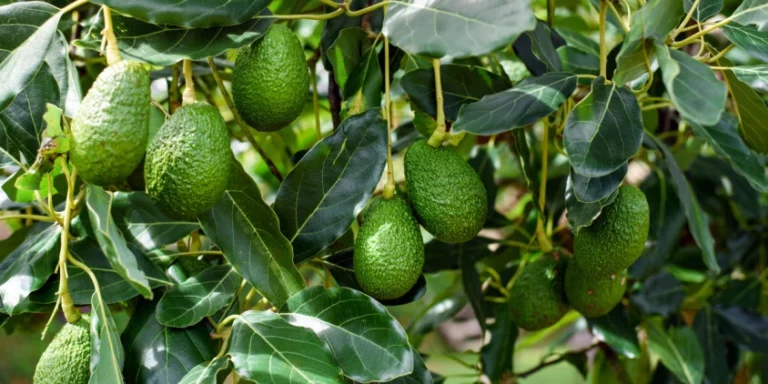By Delisa Thwala
The Ministry of Agriculture is today hosting farmers for a commercial avocado field day at KaNdinda under the Ntondozi Inkhundla.
This exciting opportunity is set to expand the avocado production value chain in Eswatini
According to the Ministry of Agriculture Avocado farming has great potential to create employment, especially for the youth.
There will be various topics to be discussed which include funding opportunities, producing tree seedlings, market access, and fruit production techniques.
ALSO READ: Nation urged to use Agriculture Service Charter
The Minister of Agriculture Mandla Tshawuka said avocado farming has witnessed a surge in popularity lately due to the growing global demand for this nutritious fruit.
However, just like any other agricultural practice, he said it is important to prioritize sustainability to make sure that avocado cultivation remains viable in the long run.
 “Precision agriculture platforms can greatly increase farming productivity without harming the environment. By using data-driven decision-making, managing water and nutrients effectively, and adopting eco-friendly pest and disease control methods, we can make farming avocados more sustainable and economically viable,” he said.
“Precision agriculture platforms can greatly increase farming productivity without harming the environment. By using data-driven decision-making, managing water and nutrients effectively, and adopting eco-friendly pest and disease control methods, we can make farming avocados more sustainable and economically viable,” he said.
Tshawuka further said, most modern avocado varieties prefer warm growing climates and can withstand temperatures as low as 25°F (-4°C). However, both low temperatures and sharp temperature swings seriously restrict the farming of this warm-loving tropical plant.
“Also, avocado trees, especially young ones, are particularly vulnerable to the stresses of temperatures above 104°F (40°C).
ALSO READ: US launches climate resilience programme for African agriculture
Avocado plants thrive in soil temperatures between 68 and 77°F (20 and 25°C), whereas temperatures below 50°F (10°C) and above 86°F (30°C) significantly impede root growth,” he said.
To bloom, these trees require a minimum of four weeks of cool weather in the fall and winter. However, temperatures below 50°F (10°C) may stunt blossoming.
Tshawuko said the avocado tree is known for its high-water consumption. The actual amount of water required for fruitful avocado farming will vary based on factors such as climate, soil type, and tree age. A mature tree requires between 40 and 50 inches (1,000 and 1,300 millimeters) of rain every year, on average.
He said a favourable humidity level for farming avocado trees is between 60 and 80 percent. Farming is still doable in 40% humidity or less, provided other growing conditions are acceptable, but there is a risk of water stress, increased susceptibility to pests, and flower and fruit drop.
“However, too much humidity can lead to the spread of fungal diseases. Therefore, the ideal conditions for farming will include just the right amount of humidity and air circulation.
Maintaining a balanced ecosystem for avocado farming requires attention to details like tree spacing, pruning for better airflow, and avoiding waterlogging,” said the Minister.


